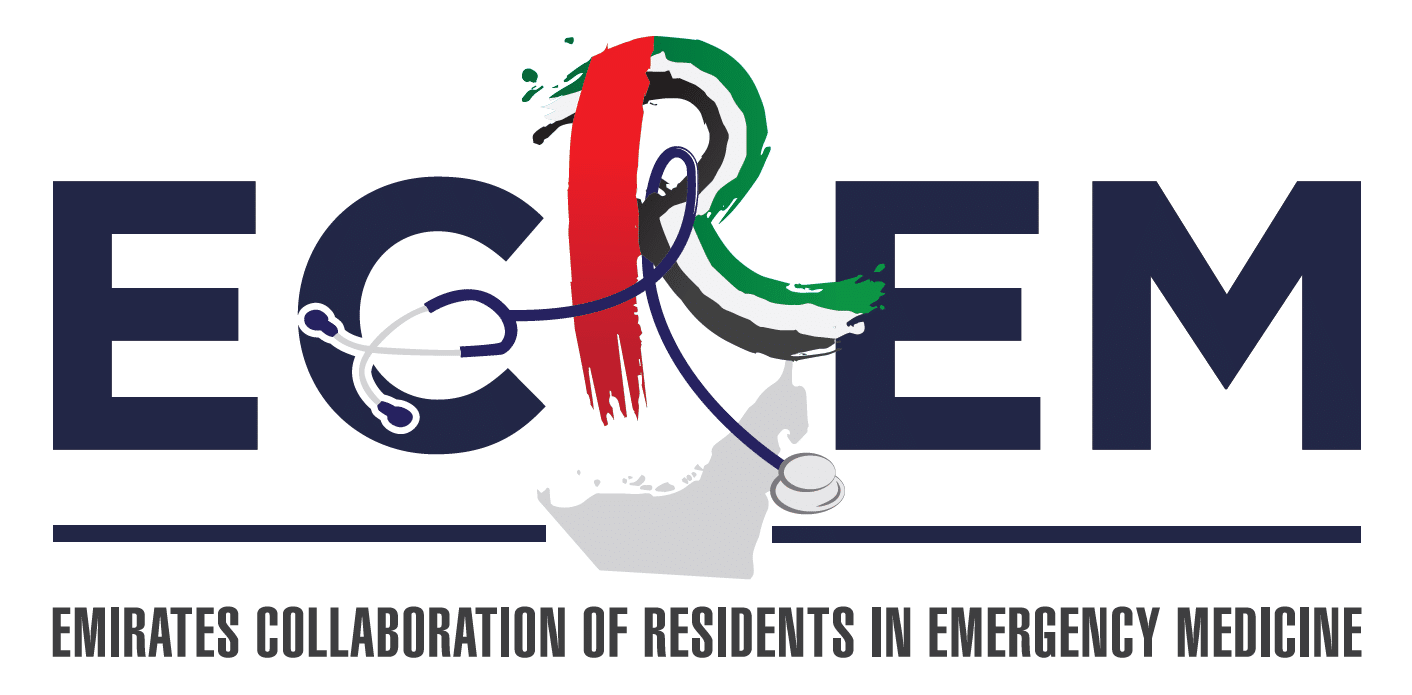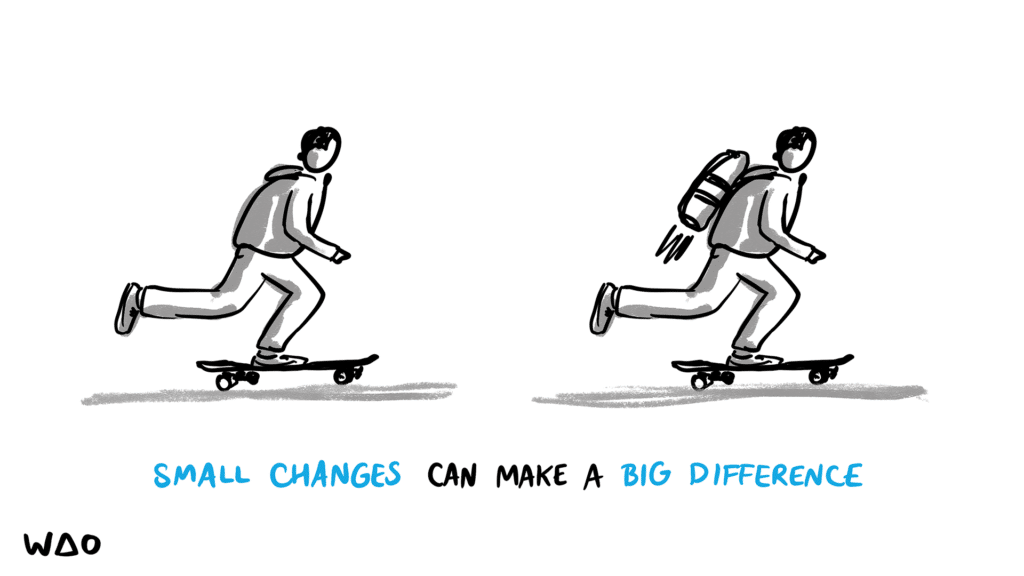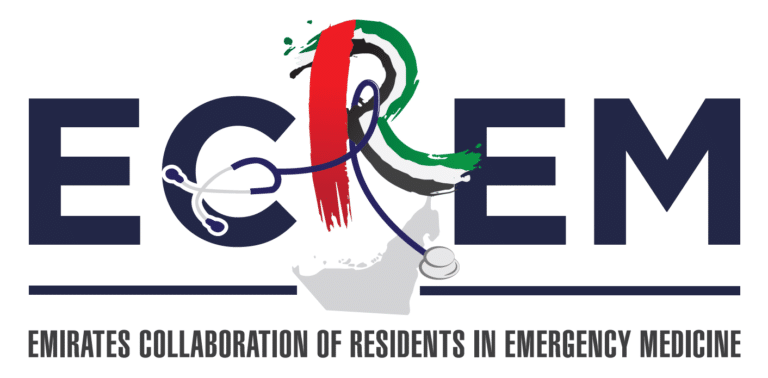I personally love self-reflection and self-improvement. I’m always setting goals and finding ways to improve myself and increase my productivity. As the new year was approaching, I decided to read two books on forming habits. The first, was Atomic Habits by James Clear. The second, was The Courage Habit by Kate Swoboda. I finished the first book, and I feel like I learned some valuable life-changing lessons that anyone would benefit from, so I decided to share them with you in the hopes that you find them useful as well.
When it comes to habits, we all have good habits and bad habits. With time, we try to build good habits and break the bad ones. How many times have you told yourself “I need to exercise more” or “I need to dedicate a certain number of hours a day to studying”? However, you end up going to the gym two times a year and cramming all the exam material 2 weeks before the exam? That’s okay, but I think it’s about time we start holding ourselves accountable to the things we say we want to do.
The first lesson I learned from Atomic Habits is that we often overestimate the importance of single actions and underestimate the power of making small improvements repetitively over a longer period. Think of it this way: if we get 1% better each day for a year, then at the end of the year, we become 37% better. What most of us end up doing is, we try to get 100% better the very next day, which is impossible to keep up. We must all realize and accept that it takes time to build a habit. The key is to not only be consistent, but also to divide our goals into smaller goals that makes it easier to achieve. I believe I speak on behalf of everyone when I say that, when we start making changes to our behaviors and habits, we expect to see instant results. We get impatient. We get on the weighing scale every day to see if we’ve lost weight. We study for 5 hours a day, then zero hours for the next 10 days. When we don’t see the result that we want, we give up. This book taught me that change does not happen at a linear level. Initially, the progress is very slow. We might not even feel like we’re making any progress at all. But, with time if you keep going, the results will appear at a much faster rate. Most of us quit right before the results start to appear. Stick to 30 minutes of exercise, 3 days a week. Stick to 1 hour of studying, 5 days a week. With these smaller goals, you don’t lose momentum. You feel good for achieving your small daily goals – which helps you remain consistent. Eventually, you make a habit out of it. You might even increase the time you spend studying per day or the number of times you go to the gym per week. Therefore, start slow, set small goals, remain consistent, be patient and in the end, you will see the result that you want to see.
Another lesson I learned is that is it not about the goal; It is about how you achieve the goal. Every athlete wants to win. Every candidate wants the job. What are you willing to do to achieve your goal? If you don’t build a system within yourself that allows you to reach your goal, you won’t make it. If you keep being lazy and procrastinating, you won’t make it. If you keep eating junk food, you won’t make it. Therefore, you need to change and maintain the habits that help you reach your goal. There is a nice relevant quote in the book that says: “The purpose of setting goals is to win the game. The purpose of building systems is to continue playing the game”. While we’re on this subject, I want to remind you to not let your goals limit your happiness. Don’t tell yourself “When I reach my goal, then I will be happy.” Don’t stay miserable until you get the job. Don’t stay miserable until you lose the weight. On the contrary, enjoy the process of improvement, acknowledge your advances, and live the moment.
Another useful lesson I learned is that we should try to have an identity-based approach rather than an outcome-based approach. For example, instead of saying, “I want to lose weight”, and looking at the scale, tell yourself “I want to become more fit”. Instead of saying, “I want to pass my exam”, tell yourself “I want to become a competent, confident doctor”.
So how do we build those habits? According to James Clear, the 4 goals of behavior change are: Cue, Craving, Response, and Reward. The cue triggers the brain to initiate an action. The craving provides the motivational force. The response is the action or habit that we perform. Finally, the reward is the end goal. To keep this cycle flowing, there are certain things that you can do to motivate yourself. For example, you can design the environment around you to accommodate your cues. Also, you can try to make the habit more attractive and easier by reducing the friction and priming your environment for the habits that we’d like to develop. Finally, you can have a reward available at the completion of your habit to push you to keep going. Let’s take going to the gym for example (since I know many of us have difficulty sticking to this goal), you can keep a packed gym bag in the car so that you can go to the gym directly after work. You can join CrossFit classes to make exercising more attractive. You can have a healthy smoothie after your workout to make it immediately rewarding.
I would like to conclude this article with something that Dr. Menna – one of the most amazing pediatricians that I’ve had the pleasure of knowing – said. She said that she doesn’t believe in motivation. This initially shocked me. She then proceeded to explain that none of us feel motivated all the time. Therefore, if we relied on motivation to get work done, we’d never get anything done. Instead, what we should rely on is self-discipline. This way, we will more likely stay consistent despite all the ups and downs that we experience in our lives. Rather than letting motivation be the driving force, let self-discipline, passion and purpose guide you instead. May you all establish healthy habits and achieve your goals.
About Author:

Dr Dana Shaltoni
PGY2, Rashid Hospital
” I am originally Palestinian, but I have lived in 6 different countries so far. I am doing
my residency in emergency medicine because I love the nature of the job, I love
helping patients in an acute setting, and I love the fact that I learn to work, think, and
analyze under pressure. I am an advocate of mental health and wellbeing. Hoping to
live my life to the fullest and to making a positive impact on peoples’ lives”.




